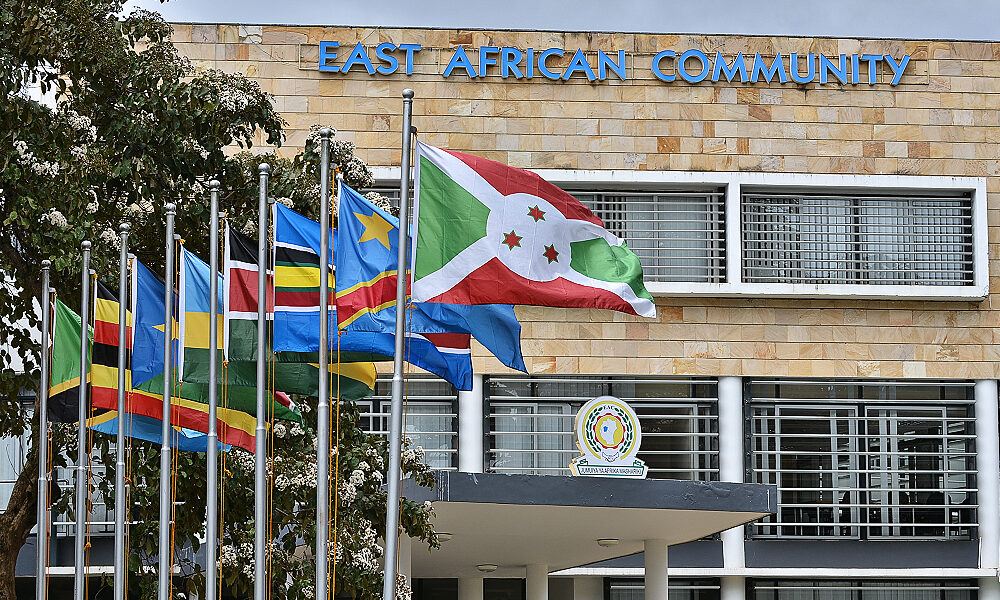EAC cross-border merger rules take effect November 1

The new rules, set to take effect on November 1, 2025, aim to regulate cross-border deals and prevent anticompetitive practices within the bloc.
Companies planning mergers or acquisitions across East African Community (EAC) member states will now need approval from the East African Community Competition Authority (EACCA) if their transactions are valued at Sh4.5 billion ($35 million) or more.
The new rules, set to take effect on November 1, 2025, aim to regulate cross-border deals and prevent anticompetitive practices within the bloc.
The mandatory notification requirement will apply to transactions where the merging companies intend to operate in at least two of the eight EAC member states.
An exemption will be granted if each company derives at least two-thirds of its total turnover or assets from a single EAC country.
Notification fees range from Sh5.8 million ($45,000) for transactions valued between $35 million and $50 million (Sh6.5 billion), to Sh100,000 ($12.9 million) for deals exceeding Sh12.9 billion.
Analysts at Bowmans law firm clarified the scope of the rules, noting, “Our understanding from the EACCA is that the target undertaking must be present in at least one EAC Partner State, either through assets in the region or sales into the region, before the EACCA can assert jurisdiction.”
Transactions already under review by a national competition authority or concluded before November 1, 2025, will not be affected by the new rules.
Companies implementing mergers or acquisitions without EACCA approval after the effective date risk penalties of up to 10 percent of their annual turnover within the EAC for the previous financial year.
The EACCA was established under the East African Community Competition Act, 2006, which became operational in 2014.
Its role is to enforce cross-border competition law, review, approve, or reject mergers that could harm market competition.
The supporting regulations, including the fee structure for merger notifications, were approved only this year.
The new rules come at a time when EAC member states are at varying stages of competition law enforcement.
Kenya and Tanzania actively enforce their competition laws, while Rwanda, Burundi, and the Democratic Republic of Congo have legislation and regulatory bodies in place.
Uganda introduced its Competition Act last year, implemented by a technical committee within the Ministry of Trade. South Sudan has a Completion Bill underway, and Somalia is still developing its competition legislation.
